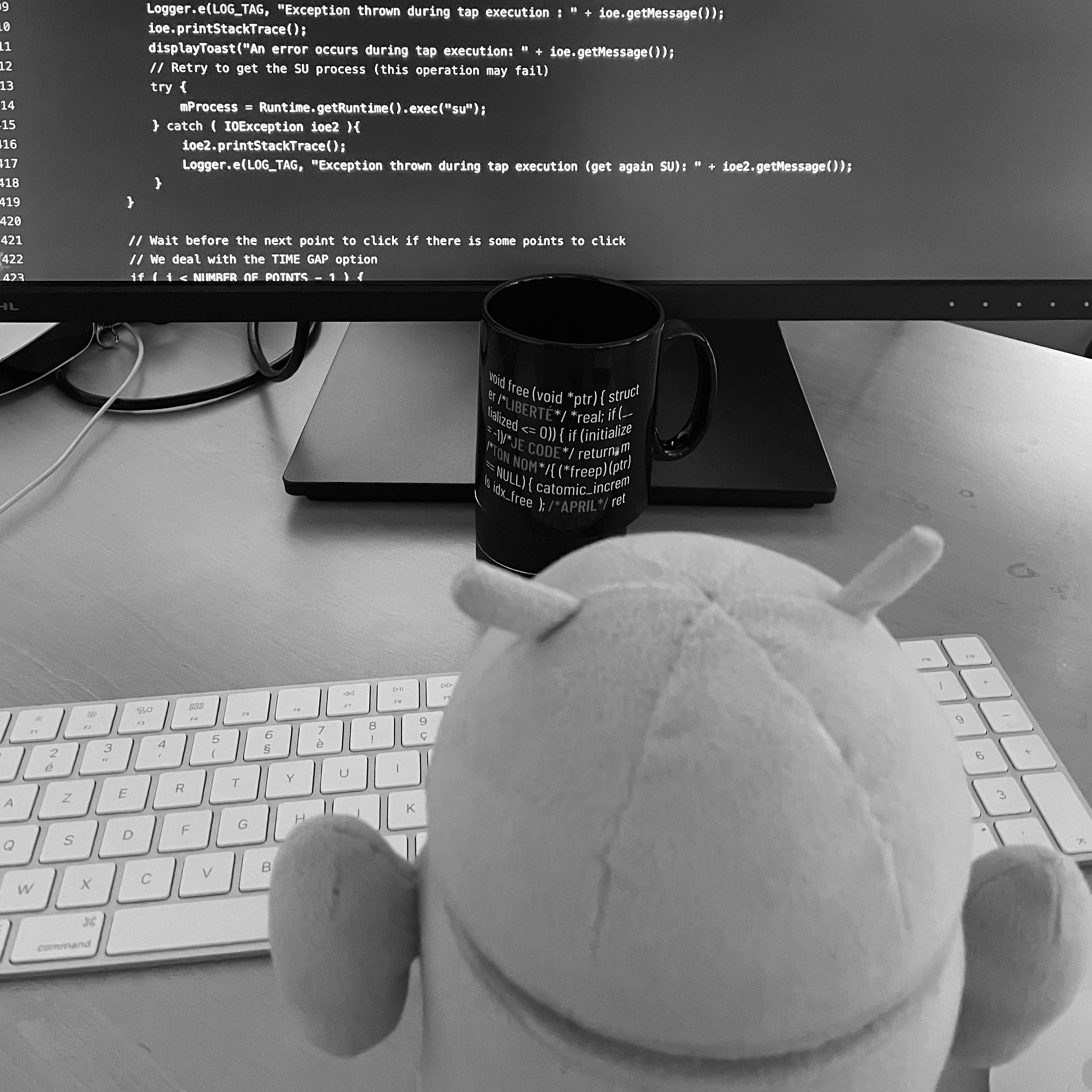- cross-posted to:
- hackernews@derp.foo
- cross-posted to:
- hackernews@derp.foo
Sentry has moved to a new license for its products called Functional Source License, and explains in this article the story of the licensing for these products and why they throw BSL for FSL.



I think this is a pretty reasonable compromise to stop big cloud companies from offering their service using their code. Putting the code under either Apache or MIT after 2 years seems like a good approach to me, I like it a lot more than the ‘open core’ scheme a lot of SaaS companies use.
I agree that it’s better than the “open core” model because it limits by time rather than space, as they say, but it kinda misses the point of open-source software. The conflict of interest is that they effectively want to be the only ones who can profit off the software, while still benefiting from the free work of others, but commercial-use is within the open-source definition.
My real issue is that it seems like they’re trying to spin it as a kind of “open-source”, but it’s not. If they were more up-front about that, I probably wouldn’t care as much.
Also saying that it’s less restrictive than copyleft is just outright false.
They do allow you to profit off the software though, by using it to host the service for yourself (even as a company), you just can’t offer hosting as a service to compete with them. Obviously this doesn’t offer as much freedom as just a straight MIT or Apache license, but I feel like it still qualifies as open-source; they are only really adding one restriction, and it could even be considered less restrictive than something like GPL (no requirement to open source derived software). I think this license makes a good compromise of being as open as they possibly can without AWS/GCP/Azure eating all of their business without doing any real engineering work.
The GPL is a fair play license as it offers everyone the same opportunities to use the software either for commercial purposes or otherwise. This license is a grants one party substantial rights over others, thus missing the main point of free software: free as in freedom, not free as in beer. That is also why free software organizations like the OSI won’t accept licenses like this as “open”.
and if you consider that “economic barrier to entry” can make any bigger company, who is able to scoop a startup’s code & sell the use of it, can extinguish the startup who created the code …
then, yes, there are definitely situations where protection-against-competitors, some of whom have DEEP pockets, could be an actual requirement, for opensourcing one’s code.
“Coopetition” Bill Gates coined, where you “cooperate” with your competitors, but, being Microsoft, you do it so you can snuff them, soon.
I can definitely see why a company would want to be able to allow limited use of their code, globally, but to legally-prohibit using it to destroy them.
Sure, you can do all of that, fine by me. What you should not do is take that proprietary construct, slap the term “freedom” on in and try to muddy the waters of the FOSS licensing landscape neven further for your own gain.
I would actually entertain the argument of protecting themselves against free-riding if and only if they would publish a transparency report detailing how they reimburse open source projects for the “common infrastructure” like, say, Linux, that they use to build and run their commercial offering and how they arrive at the amount they consider fair for their use. So far, I have not been able to find anything remotely like that, so their while argument is marketing and gas lighting.
I agree that that would be excellent, but I think there is still a difference, like Linux they do allow a company to use (but not for anything, only for some things) and enhance their open source software instead of paying for their service without contributing it back.
Except its not like Linux at all. Linux uses the GPL which imposes no usage restrictions. This is why the GPL is a free software license and the FSL is a proprietary software license.
I wonder if this kind of license would be accepted by the rest of open-source communities. So far, SSPL is treated like a villain.
One difference (so far as I know, I’m not an expert on either situation) is that MongoDB requires copyright assignment for contributions seemingly because the license is so restrictive they can’t offer their own service under its terms (without open-sourcing all the software they use to host it). So far as I know Sentry does not require this (although the restriction against running a competing service does not affect them since they are the service, so I’m not sure this argument really holds up that well). Also the fact that that one encumbrance is released after two years helps their case a lot in my eyes.